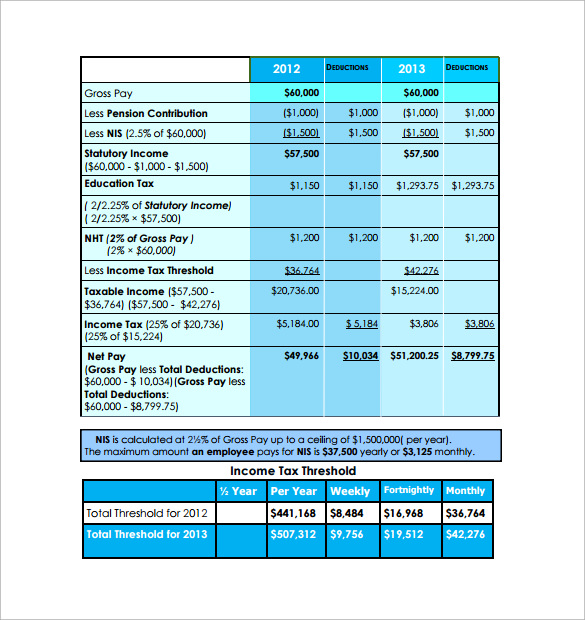

So by multiplying 8 hours by $40 an hour, you would earn $320 every day. See: $37 an Hour is How Much a Year? How Much is 40 dollars an Hour Daily? If you multiply 40 hours by $40 an hour, you get $1,600, your weekly income. This amount is calculated by assuming you work full-time for all four weeks of the month. If you make $40 an hour, you will get paid $1,600 a week. To calculate how much you make biweekly before taxes, you would multiply $40 by 40 hours and 2 weeks. Paying a tax rate of 25% and working full-time at 40 hours a week, you would earn $2,400 after taxes. $40 an hour is $3,200 biweekly before taxes and approximately $2,400 after taxes. Learn More: $38 an Hour is How Much a Year? $40 an Hour is How Much Biweekly? So you could end up making a considerable amount more than what is listed above.


Overtime pay is 1.5 times what you usually make. Sometimes, if you work more than 40 hours a week, you might be eligible for overtime pay. If you work either more or fewer hours, this amount will vary slightly. If you make $40 an hour, you would make $6,400 a month, assuming you are working full-time.Ī full-time worker or employee works at least 40 hours a week.

However, for the average person, assuming this amount as a tax rate can be expected. There are ways to minimize how much you pay in taxes. That means about a third to a fourth of your income will go to taxes at $40 an hour. But assuming a 25% to 30% tax rate is reasonable. The amount you pay in taxes depends on many different factors. But after paying 25% in taxes, your after-tax salary would be $62,400 a year. If you make $40 an hour, you would take home $62,400 a year after taxes. However, if you work fewer weeks or take some time off, you would earn less than this amount every year.įind Out: $39 an Hour is How Much a Year? $40 an Hour is How Much a Year After Taxes? So multiplying 40 hours by 52 weeks results in 2,080 total hours worked each year. There’s a total of 52 weeks in the year, and if you work a full-time job, you will work on average 40 hours a week. This is calculated by multiplying your $40 hourly wage by 2,080 total annual hours worked. If you make $40 an hour, your yearly salary would be $83,200. Comparison Table of $40 an Hour (Before & After Taxes) $40 An Hour For more information, see our disclosure policy. In the meantime, check out this comparison table of $40 an hour over different periods of time. You’ll find this list included later on in this article. This is why we created a list of the best tools you need to start using when making $40 per hour. The living wage increases further with kids. That’s $16.31 an hour less than your $40 wage. If you have a partner and only one of you works, the living wage is $23.69 (with no kids). So if you’re making $40 an hour, you’re earning just over the living wage.īut that’s only if you’re single and don’t have kids. It’s a complicated question because a lot of it depends on your living situation.įor example, if you live in Tennessee as a single adult with no kids, the living wage is $15.45 an hour. You might have just started making $40 an hour and are wondering if it’s enough to pay your bills. So if you were to work full-time, 40 hours a week, making $40 an hour, you would earn $83,200 a year. To find out how much $40 an hour is as a yearly salary, multiply $40 by 40 hours and 52 weeks. There’s also an hourly wage calculator and example budget you can use when making $40 an hour. But $40 an hour is how much a year? Below you will find how much $40 an hour is annually, monthly, weekly, daily, and even after taxes. So you are going to make $40 an hour from the new job or raise you got.


 0 kommentar(er)
0 kommentar(er)
